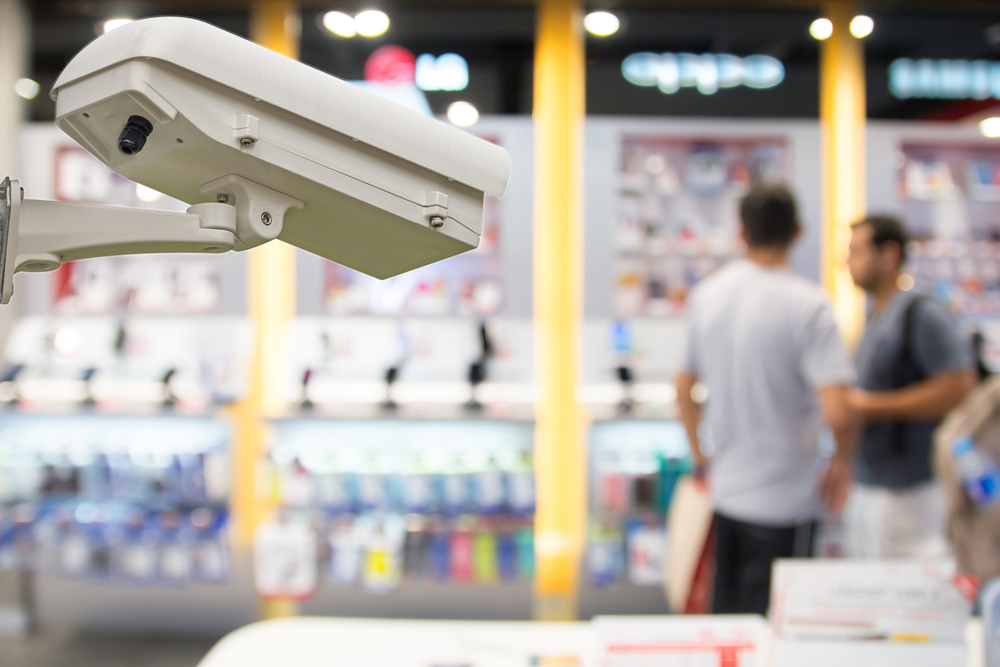
If you run a retail business, you will already be familiar with many of the everyday risks you have to contend with. From opportunistic thieves to wasting money on stock that simply doesn’t sell, there is always something lurking around the corner that can cost you money.
How do you prepare for such annoyances? You need to be prepared for the unexpected with systems in place to safeguard your business and contingency plans you can revert to when plan A doesn’t go as expected. As the famous saying goes: if you fail to prepare you should prepare to fail.
What if You’re Stuck with Stock You Can’t Sell?
No matter how well you buy, you will always end up with a pile of stock at one point or another that you simply cannot sell no matter how hard you try. Seasonal products are the biggest culprits because, once the season is over, you are stuck with the stock at least for another year. The trick here is to buy a limited amount of stock (with more on reserve) and assess how well initial sales go before going all-in on a new product. If the stock doesn’t shift as well as you originally hoped and forecast, don’t pursue any more orders and cut your losses. Writing off limited stock is better than writing off large amounts, which may also be taking up precious storage space.
If sales for a product that you have stocked for a prolonged period begin to drop, act sooner rather than later. For such items, rather than purchasing a set amount each week/month, keep a record of the number you have in stock and work out a realistic minimum you need to match demand.
When you absolutely cannot shift stock, you have two main options. You can either write it off and take the hit, or you can sell at a high discount (whether through the business or a third-party such as eBay) to recoup at least some of the costs.

Security Systems
The other main threat to a retail business is opportunists seeking a five-finger discount. When they enter a shop with no visible security in place, they take that as an invitation to try their luck. It is true that just the mere presence of an alarm or CCTV cameras has a dramatic effect on potential thieves who are easily put off by such systems.
The number of cameras that you should invest in is dependent on the size of the shop – you don’t want any blind spots because you can guarantee that opportunists will work out where they are. Of course, neither do you want to want to completely scatter cameras all over your shop as that can be unnerving to even the most innocent of shoppers, as well as working out very expensive.
Outside of opening hours, take the time to find the perfecting positioning of CCTV cameras that keep the number of units you require to a minimum whilst ensuring that no blind spots exist. Even if cameras don’t prefer enough of a deterrent, capturing the culprit red-handed can be used as evidence if necessary.
Quiet Periods
Every shop will have a quiet period when there are little to no customers, which is naturally worrying to an owner of a small business who requires a healthy cash flow to stay afloat. Rather than spend the time twiddling your thumbs, willing anyone passing by to step into your shop, consider what the reasons are for those times when custom is low. Is it because everyone is at work? Could it be due to something in the local area that can’t be helped? Or could it be that a local competitor is offering something that you are not?
Conduct your research and think about what you can do to tempt in customers even during the quietest of periods. It could be that the customer simply isn’t there between certain hours and it might be best that you alter your opening hours to accommodate the demand. After all, if you are paying staff to stand around when there are no customers to serve, that’s to the detriment to the business.
As a business owner, you already know to take the rough with the smooth. In times of uncertainty, it’s always important to have a fallback because, if you don’t, you probably won’t be in business for long.


